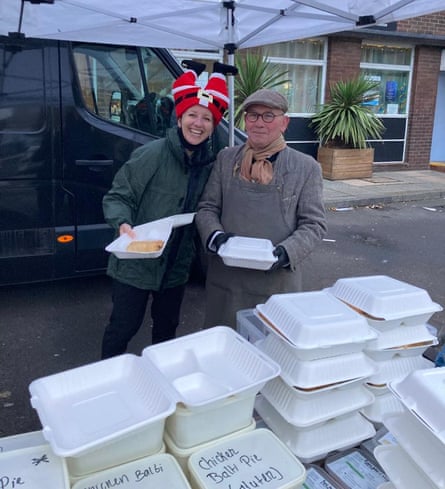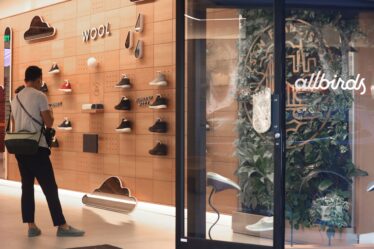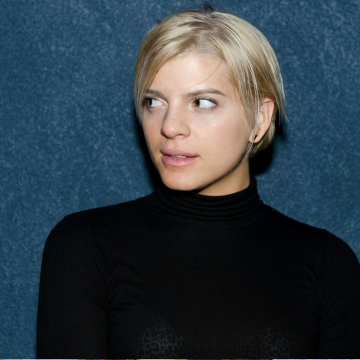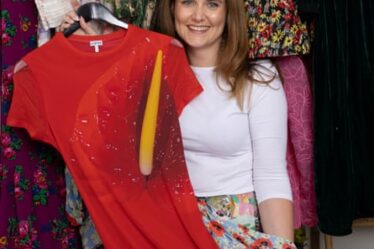
I’ve never really been a Christmas person. Growing up in south London with a single mother and siblings, I didn’t think of myself as poor because everyone around me was the same. In a pre-digital world, the riches shown on TV were a fantasy no more connected to my life than Grizzly Adams or Lee Majors.
Christmas in our house was low-key: rice and peas, lamb and plantain dinner, and lazing around watching TV. Presents were perfunctory and after 13, they dried up completely. I learned very early that there was lots of great stuff in the world and I was unlikely to own very much of it. I felt about Christmas how I still feel about Valentine’s Day. It meant obligation, debt, guilt, and emoting on demand.
I now have a partner who is extremely Christmassy – but we came to a compromise by going away for the holiday period. The pandemic burst that balloon of privilege and 2021 found us facing a rare Christmas in the UK. So we decided to volunteer for Waste Not Want Not Battersea (WNWNB), a charity set up by my friend Hadas Hagos. It takes surplus produce from New Covent Garden Market and distributes it to the local community so that it doesn’t go to waste.
Hadas said she needed volunteers for Christmas Day and it was an easy yes for us, especially when I told my partner that we could wear elf hats. We turned up at Providence House, near Clapham Junction, where she was set up, and were immediately put to work.
Much of the food was already in containers and we set about sorting the meals, setting up the stand and getting ready to distribute some Christmas cheer. At first, it was slow. People seemed a bit suspicious of taking food for free and I think my partner’s overzealous elfing was causing alarm. But they gradually warmed up to us and we had a fun afternoon singing carols and trying to encourage passersby to take our produce.
It was then time to deliver meals to those who weren’t able to come to the centre or who had specifically requested meals in advance. This is when things changed for me. I thought cycling around to drop meals off would be like being a Deliveroo driver, but it was so much more.
The first door I knocked on was opened by a woman in her 30s. She had children hanging from every limb and looked absolutely exhausted. I told her I was from WNWNB and gave her the ready meals. It was probably only about two days’ worth of food but, the way she reacted, I felt as if I was handing her gold, frankincense and myrrh. Her face broke and I couldn’t tell if it was relief, gratitude or something else. The kids were beyond excited at the small pack of pens, books and treats that Hadas had included. I only just managed to get the bounty to the mum before her children took off with the gifts.
I had similar responses to my next deliveries. In some cases, when people were elderly or alone, I’d go into their homes and have a brief chat before heading off. Many felt lonely. I saw people who didn’t want to show how happy they were to have another adult human to connect with, or how they needed charity.
As a local politician I knock on doors and talk to people a lot, but there was something deeper about those conversations on Christmas Day. It wasn’t quite an Ebenezer Scrooge moment, but I finished my day at WNWNB a slightly different person from the one who started. I realised my eagerness to dismiss the materialistic, performative, obligatory nature of Christmas meant I had also ignored the connecting, caring, reflective side, too.
I still won’t pander to the gift-buying but I will do my best to fully embrace the opportunity that Christmas gives us each year. For too many, Christmas is just another day. Another cold, hungry, lonely day. I’m really looking forward to Christmas this year. I’ll see my family, the in-laws, my friends, and I’ll revel in how lucky I am to have them all.



